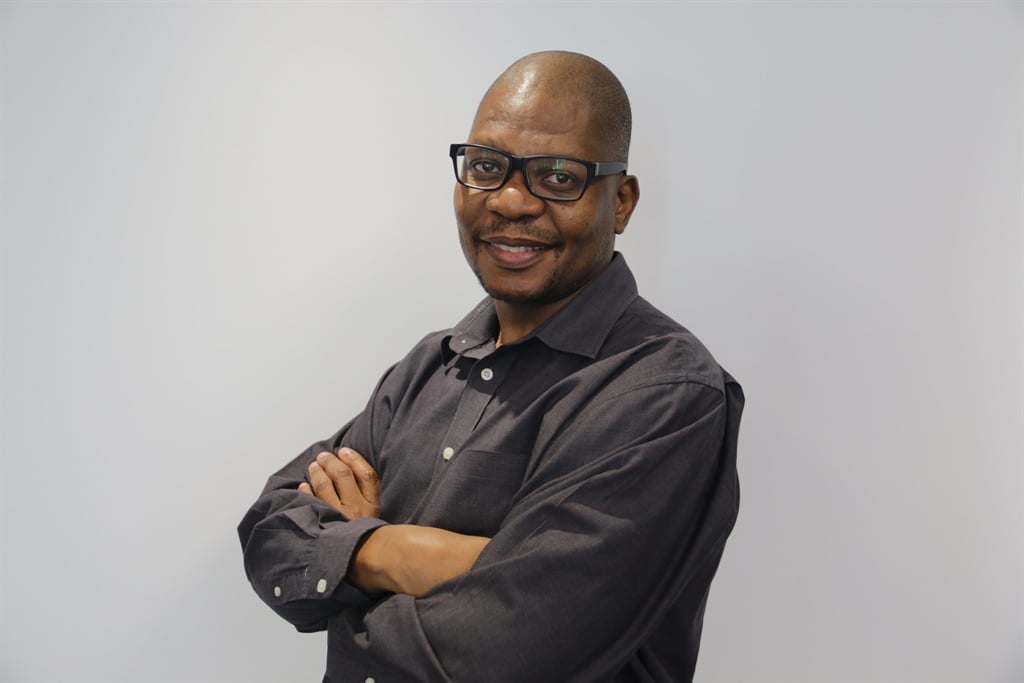
Warning: This is a bit of an extreme column about extremism. It’s quite a stretch, but please bear with this lowly newspaperman.
We begin with the story of Shamima Begum.
She is a British teenager who left home at the age of 15 to join the Islamic State, the extremist terror group that has been trying to create an Islamist caliphate in Syria and Iraq, which it would use as a launchpad to build a caliphate that traverses the whole planet.
Just like many other youngsters who had been radicalised, Begum left the UK and ended up in Syria via Turkey.
She married a Dutchman who had also joined the Islamic State. They had two children who both died in the terrible conditions brought about by the war.
Her husband was captured during her third pregnancy as Islamic State forces fell to pro-government Syrian militia and the dream of a caliphate collapsed.
The now 19-year-old Begum gave birth to her child in a makeshift refugee camp for former Islamic State members.
Many of those in the camp are unwanted by their home countries, who fear taking back individuals who may be trained extremists and therefore dangerous. Begum is one of them.
British Home Secretary Sajid Javid has stated that she is not welcome in the UK and his government has even tried to palm her off on Bangladesh, her parent’s home country.
As it is, she is stateless – something that is in violation of a UN convention that nobody should be in that situation.
Begum, her family and human rights organisations have appealed to Britain to allow her back on compassionate grounds.
They say that she was young and naive when she left and that, for the sake of her newborn, she should not be left in inhumane conditions.
But the young woman has not made things easy for herself and her supporters.
In interviews with journalists who have gone into the camp, she has expressed no regrets, indicating that her radicalisation might be deep-seated.
She has appealed for mercy while not quite renouncing her actions and the goals that the Islamic State set out to achieve.
“I feel a lot of people should have sympathy for me, for everything I’ve been through. You know, I didn’t know what I was getting into when I left. I was hoping that maybe, for the sake of me and my child, they [would] let me come back because I can’t live in this camp forever. It’s not really possible,” she said this week.
She claims she was just a housewife who spent the entire time in the Islamic State camps tending to her husband and family.
She described life in Raqqa as normal, except for “every now and then bombing and stuff”.
And then came the comment that shows how desensitised she is to violence: “When I saw my first severed head in a bin, it didn’t faze me at all. It was from a captured fighter seized on the battlefield, an enemy of Islam.”
Begum’s sympathisers want to portray her as a harmless victim of indoctrination who, like her peers, was susceptible to silly stuff.
Teenagers do very stupid things, but this one left home wanting to join an army that kills wantonly and chops off people’s heads.
But teenagers, like adults, should also know that there are consequences to their actions.
Begum and those who want her to be absolved do not seem to believe that she should suffer the consequences of her actions.
Which brings us to South Africa, a country that is nurturing a culture of no consequences for wrongdoing.
We all know about the grand corruption that went unpunished in the wasted decade we have emerged from.
We are all also familiar with the criminality that allows the bad guys to get away with murder, rape, housebreaking and pillaging.
There is another culture leading to no consequences that has crept in over the past few years.
Since the start of the #FeesMustFall campaign, we have valorised thuggery and portrayed hooligans as revolutionaries.
At the height of the campaign, agitators were destroying property left, right and centre, and were terrorising academics and fellow students.
At some point, there was even a plot to burn down the library that houses records from South Africa’s treason trials – invaluable records from our noble liberation struggle.
When the universities tried to protect property in tandem with law enforcement agencies and private security companies, they were accused of militarising campuses and infringing on the rights of the violent students.
Since then, there has been a campaign to treat those charged with public violence as victims of a heavy-handed state, and to treat those who have been convicted as political prisoners.
That culture of no consequences for anti-learning hooligans has remained with us.
This academic year has already been plagued by violent protests throughout the country as students enforce legitimate demands with violent behaviour.
As a country, we continue to tolerate the thuggery that is turning our institutions of higher learning into permanent battlefields.
We tolerate and normalise extremism. We will be held hostage by ruffians.
There have to be visible consequences for the criminality that has seized our campuses.




 Publications
Publications
 Partners
Partners








